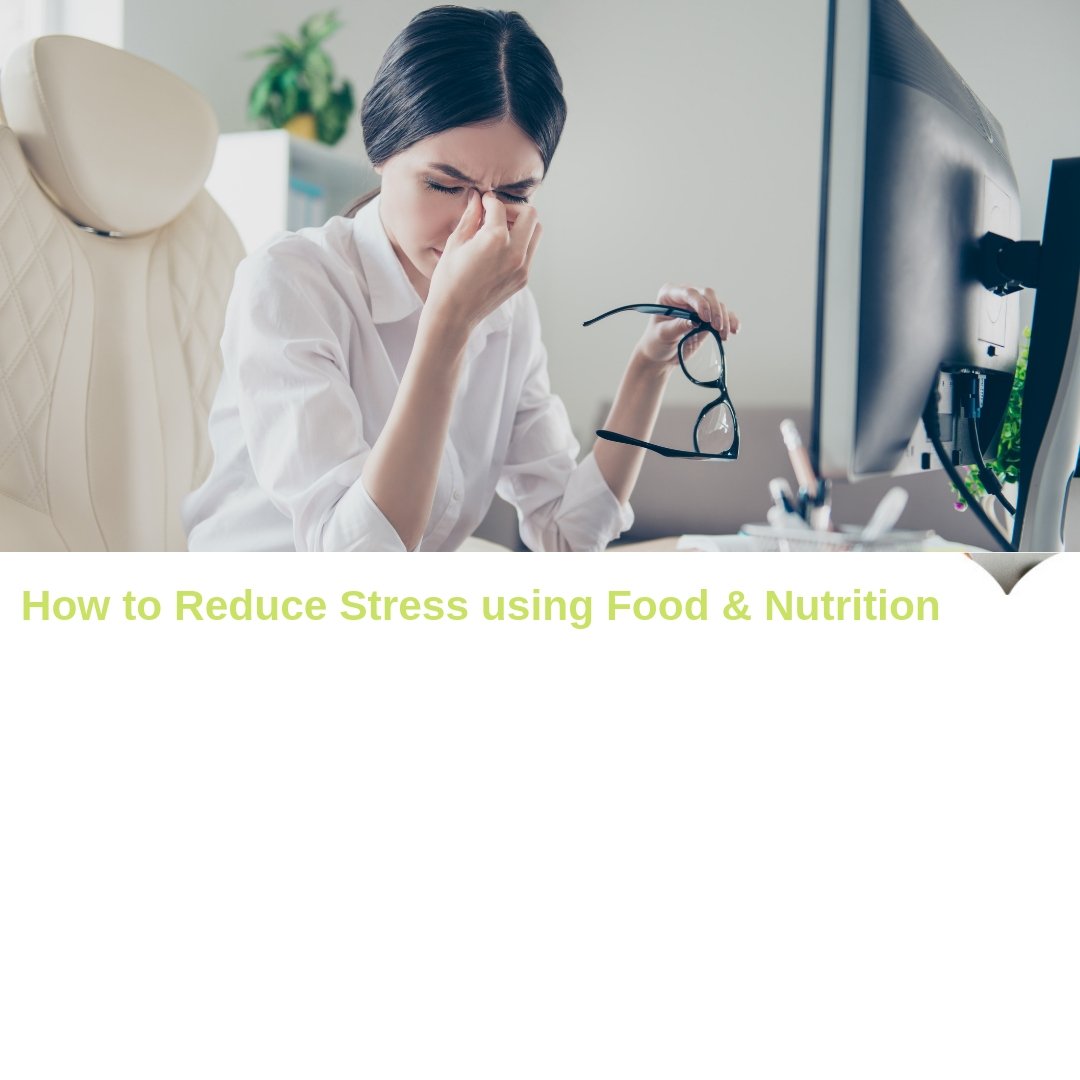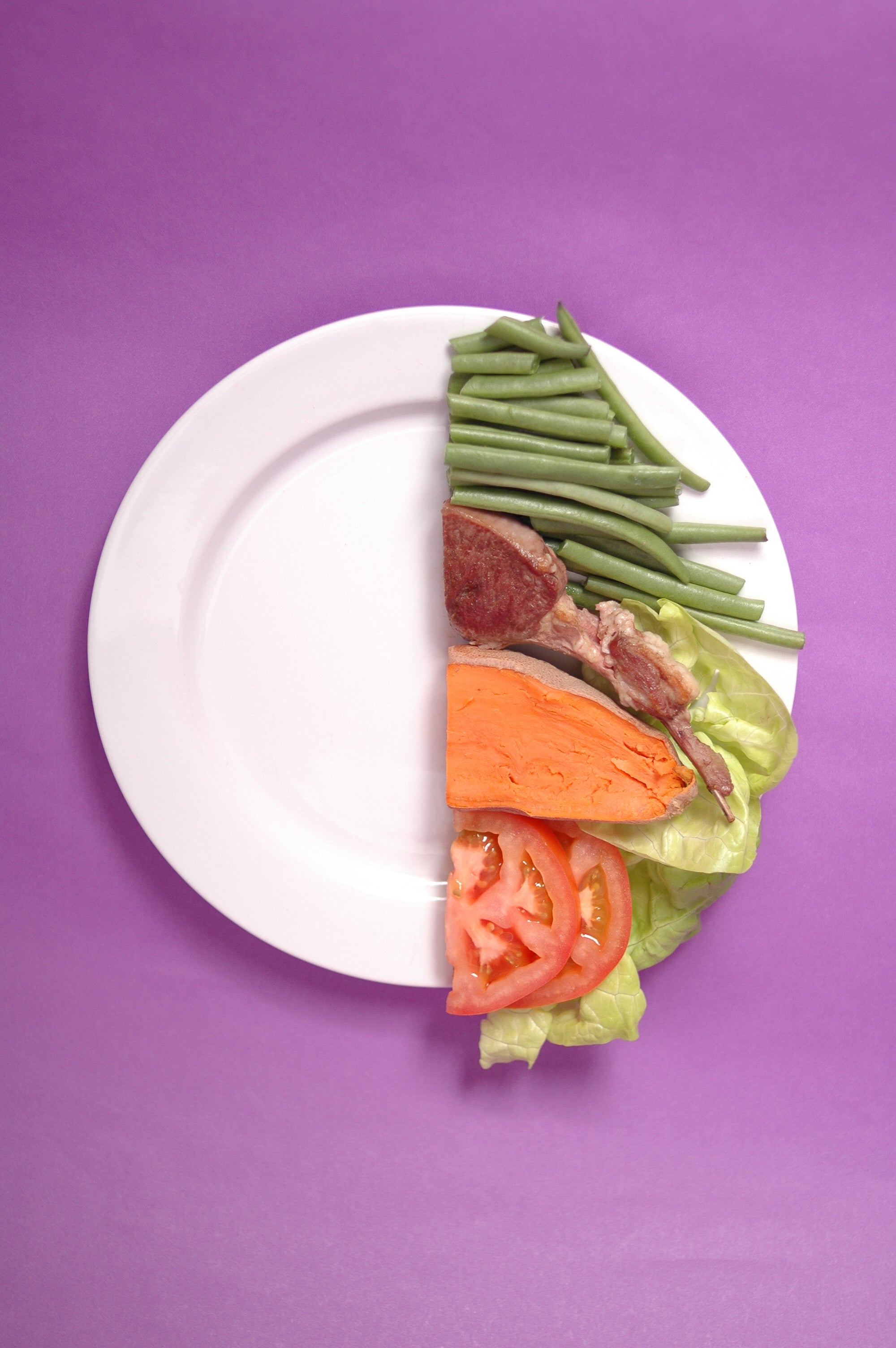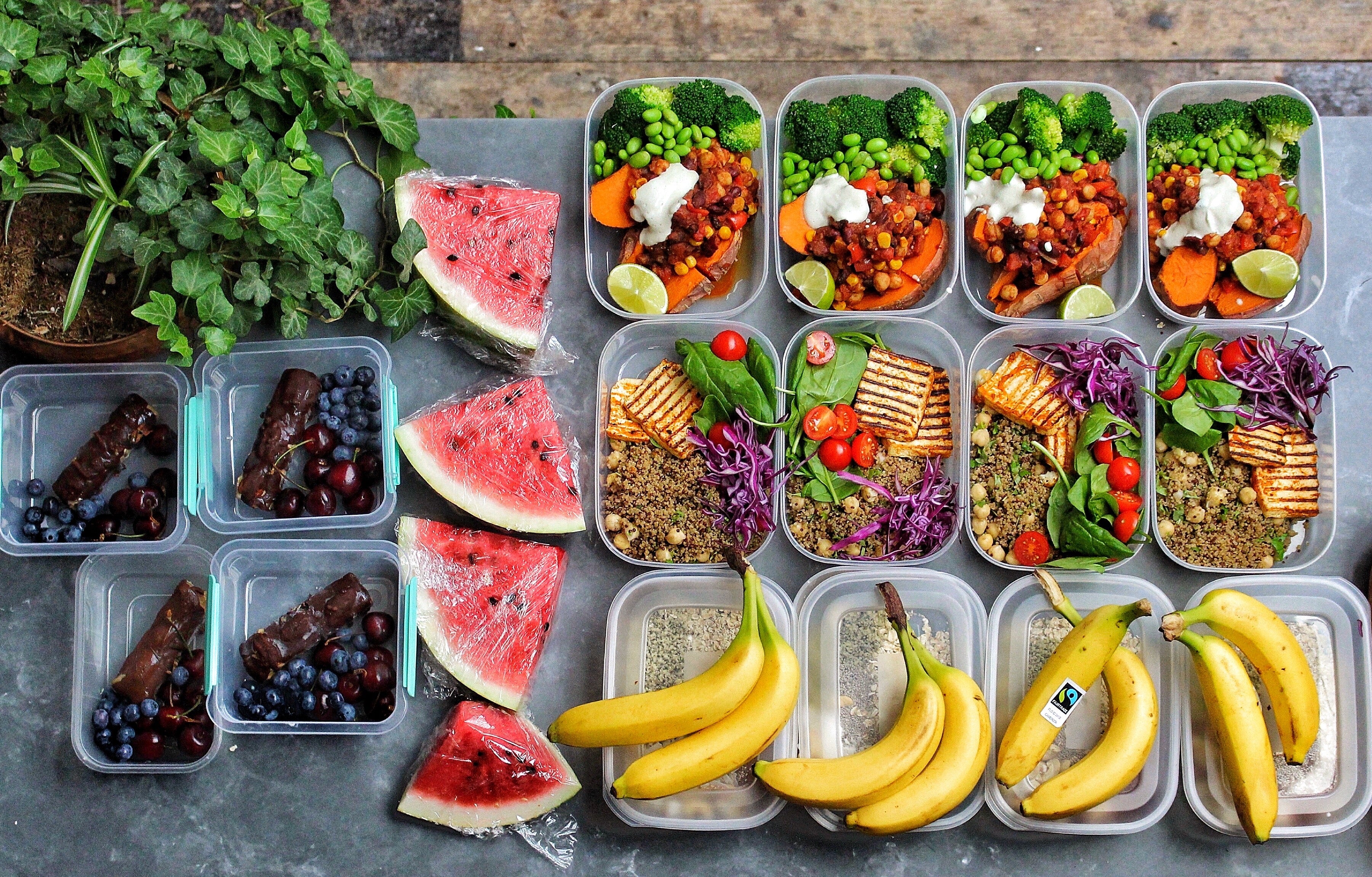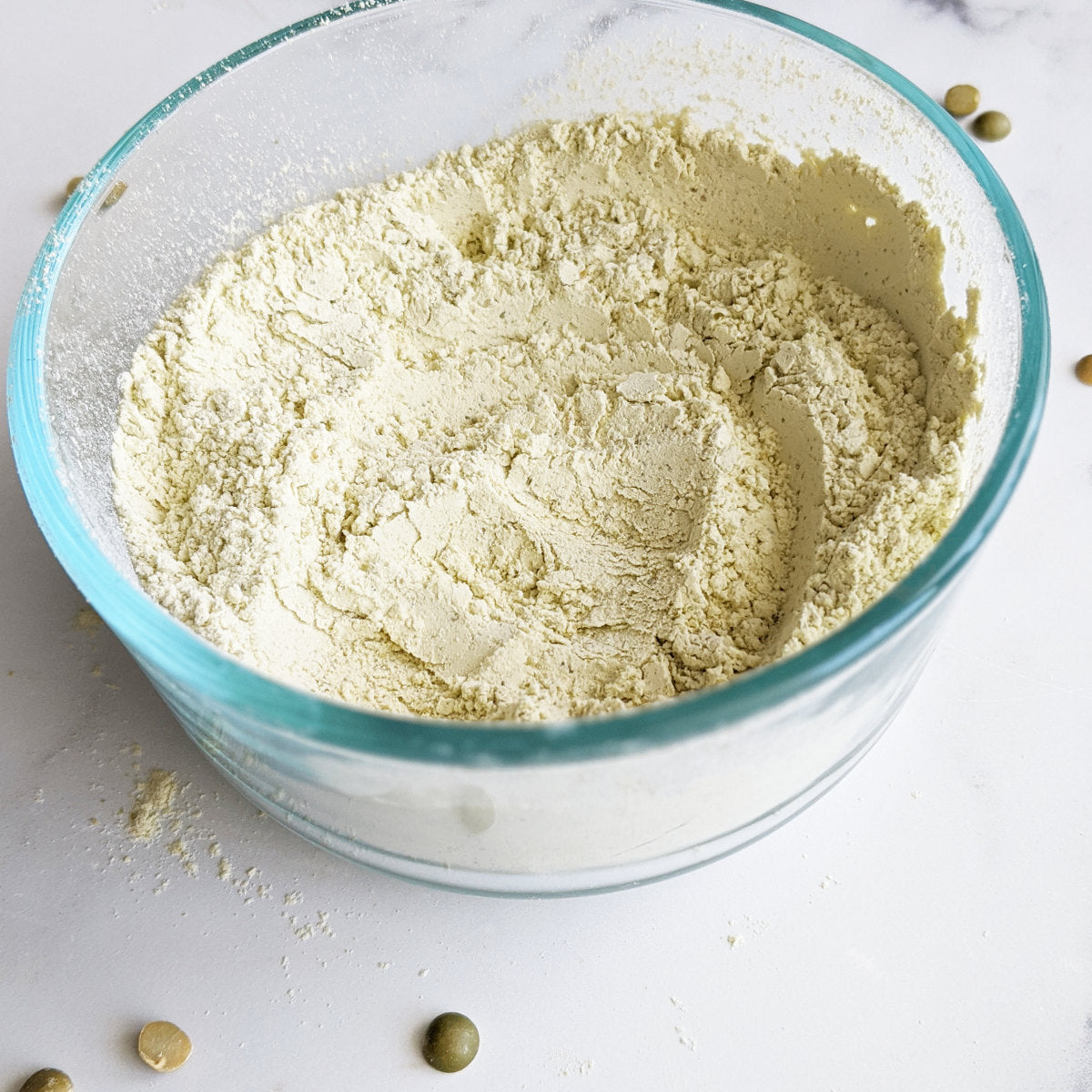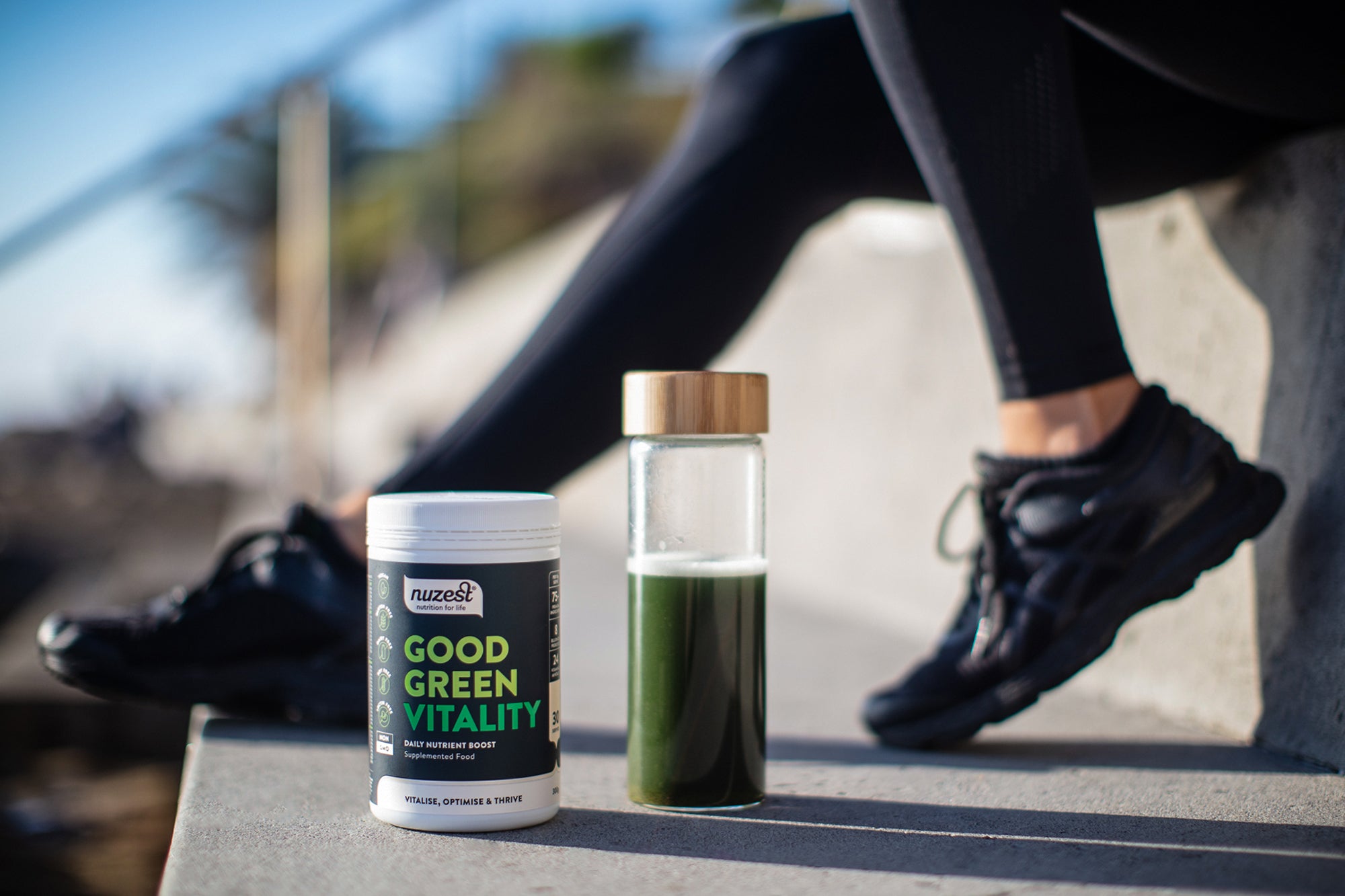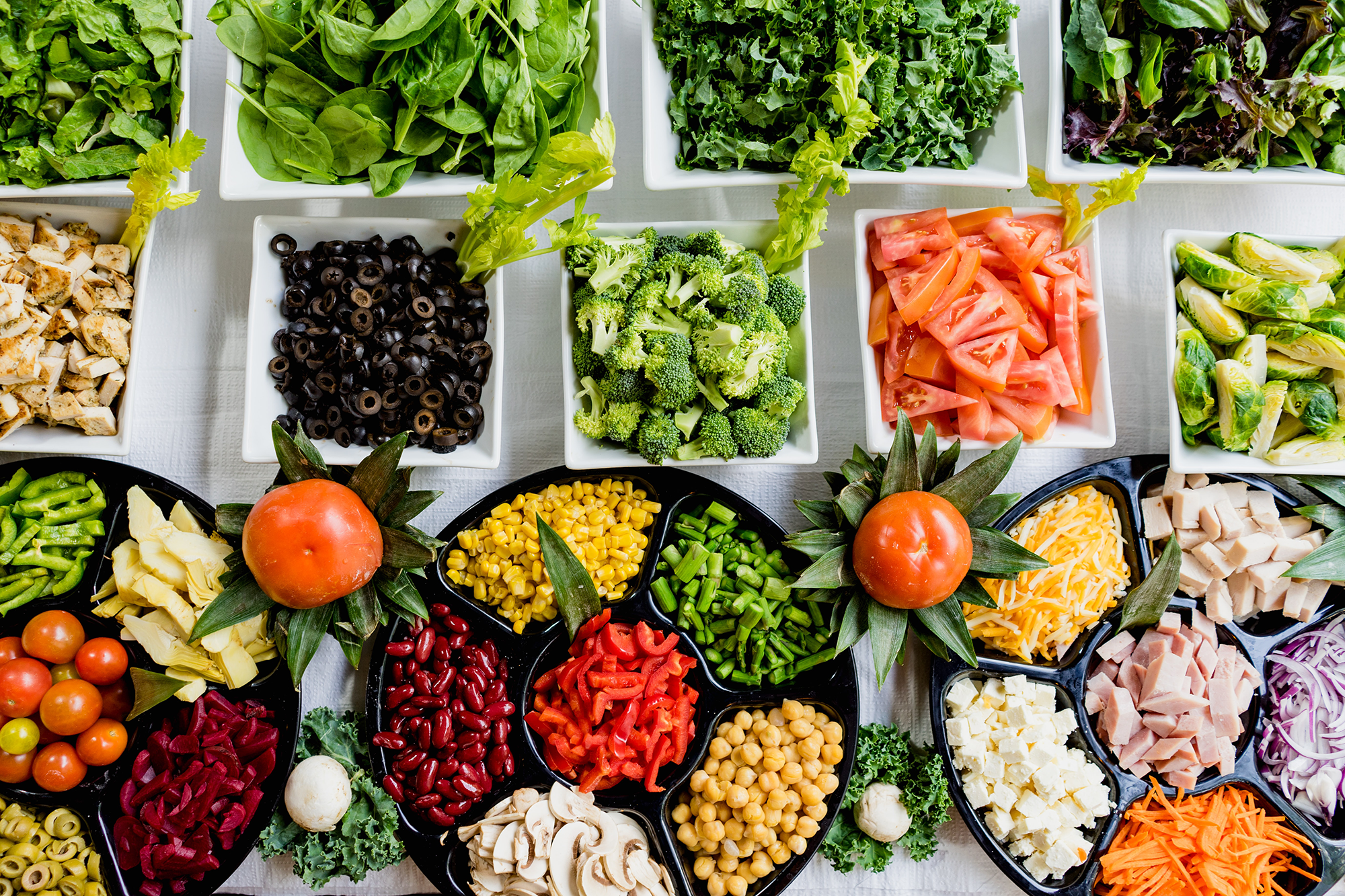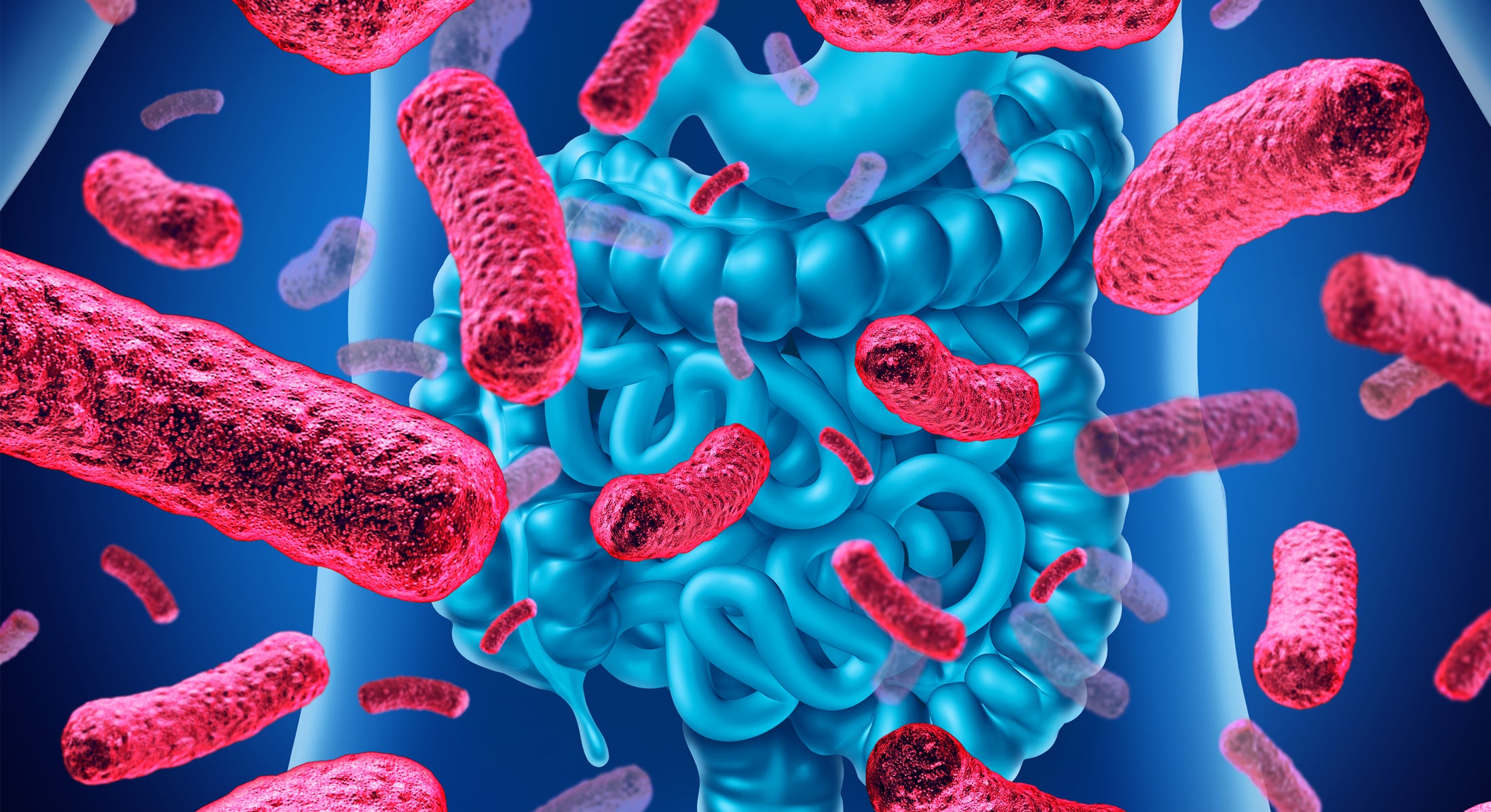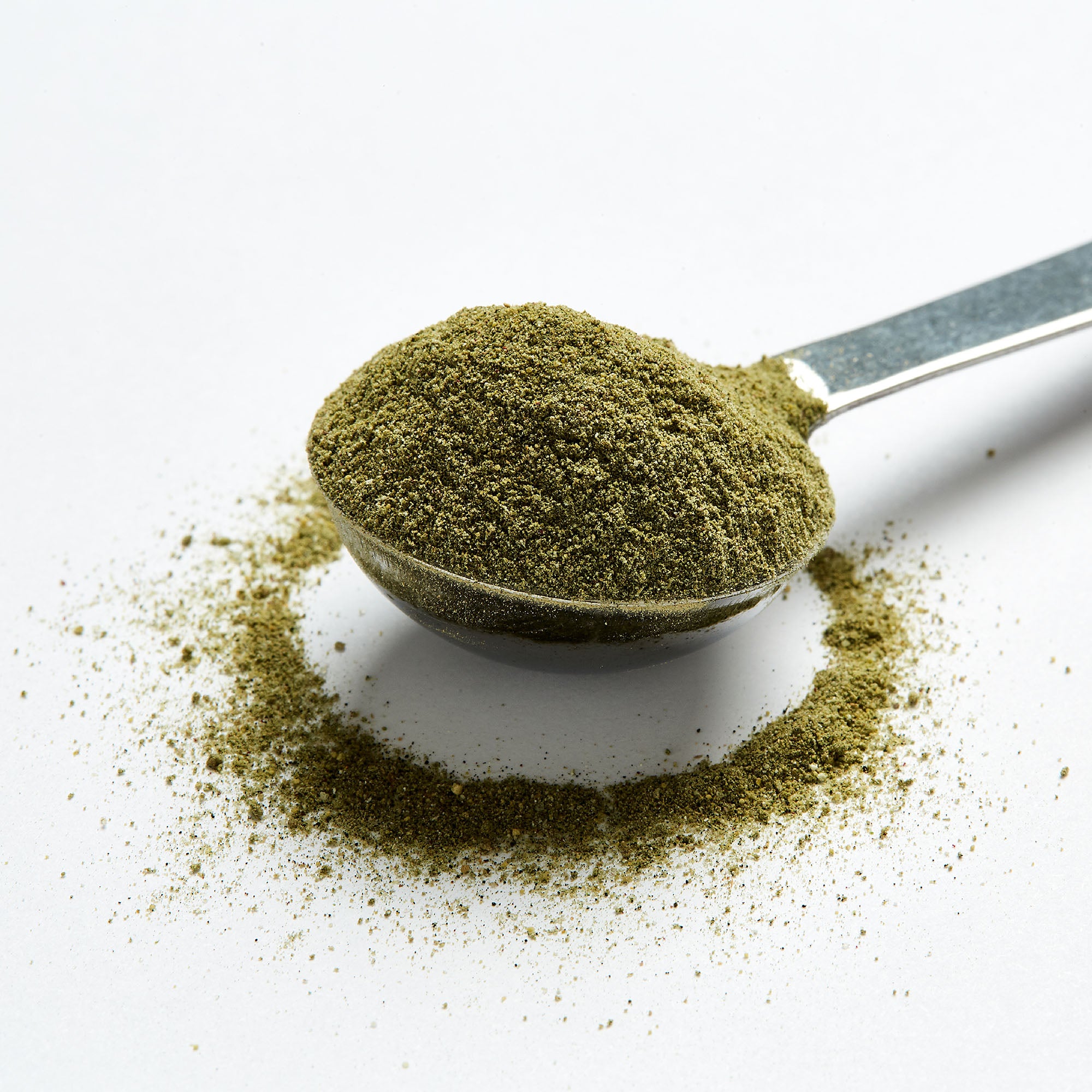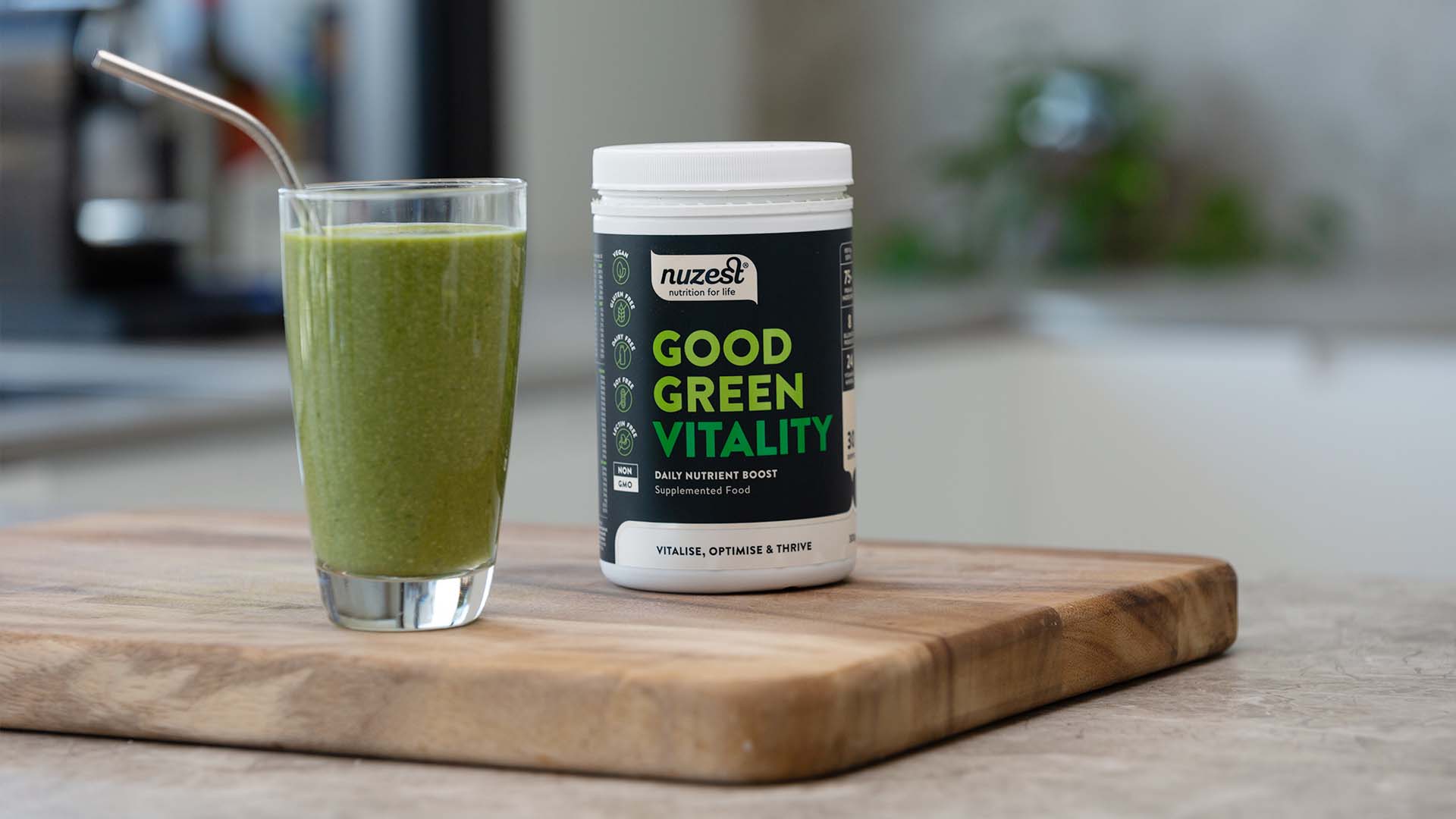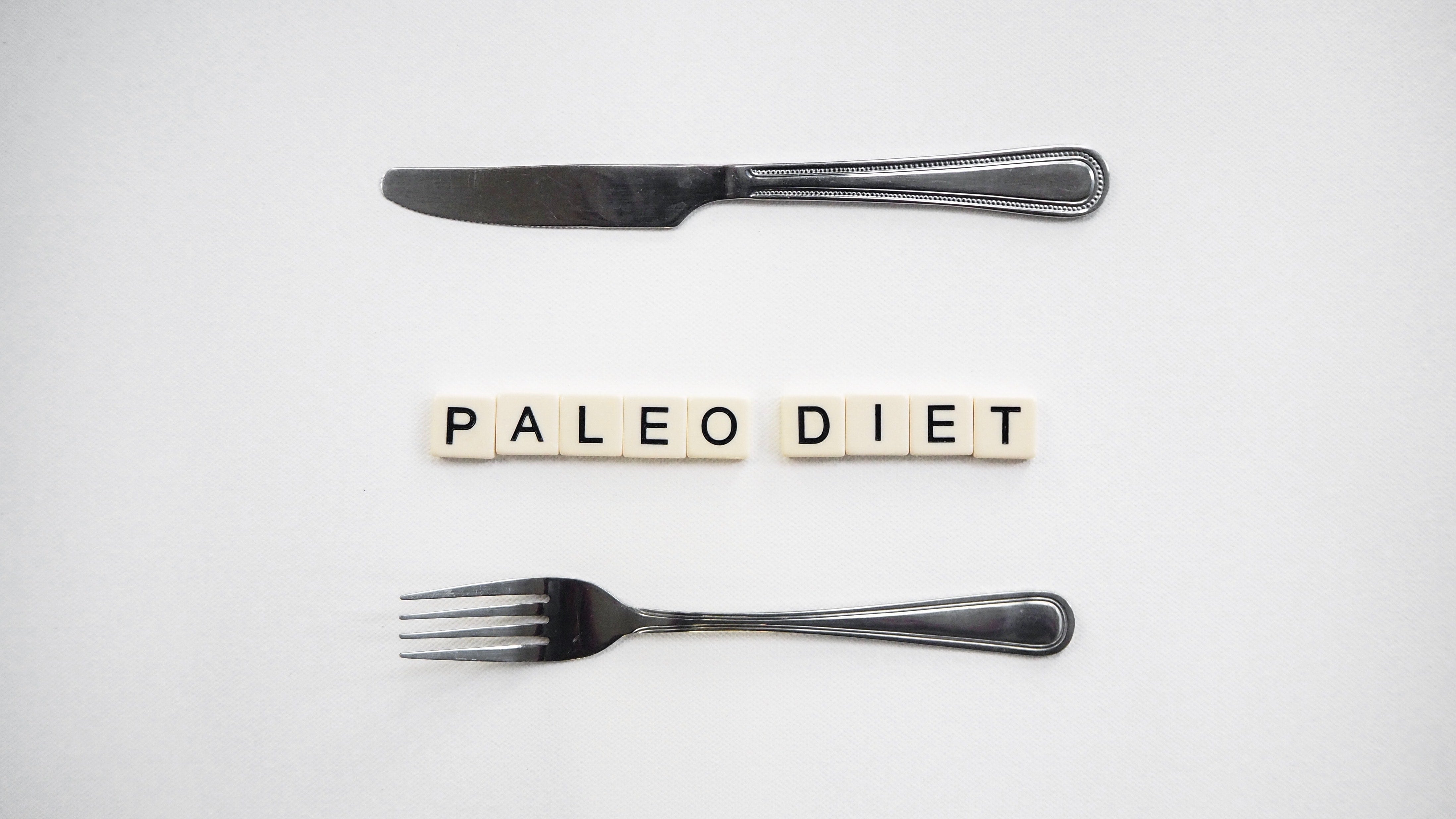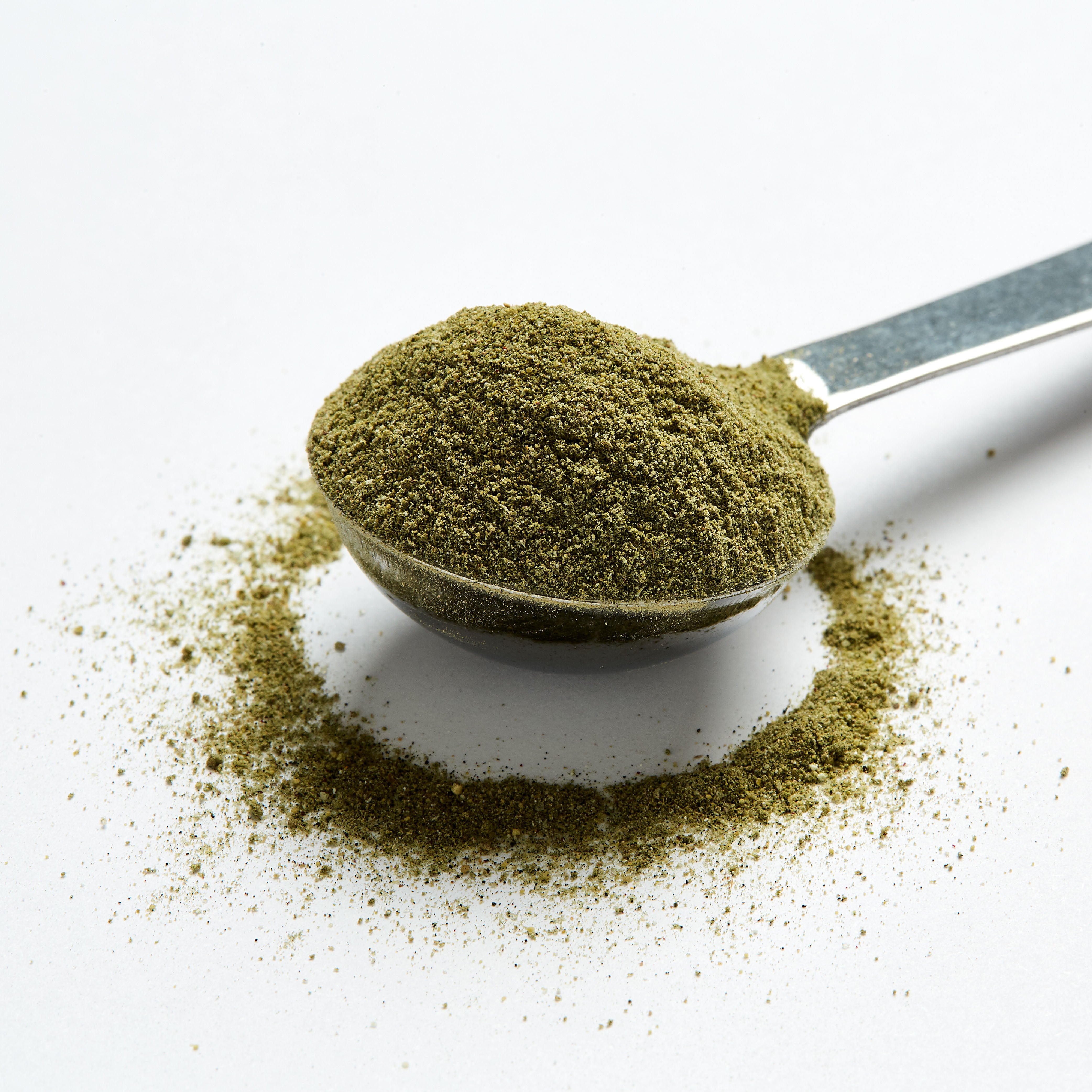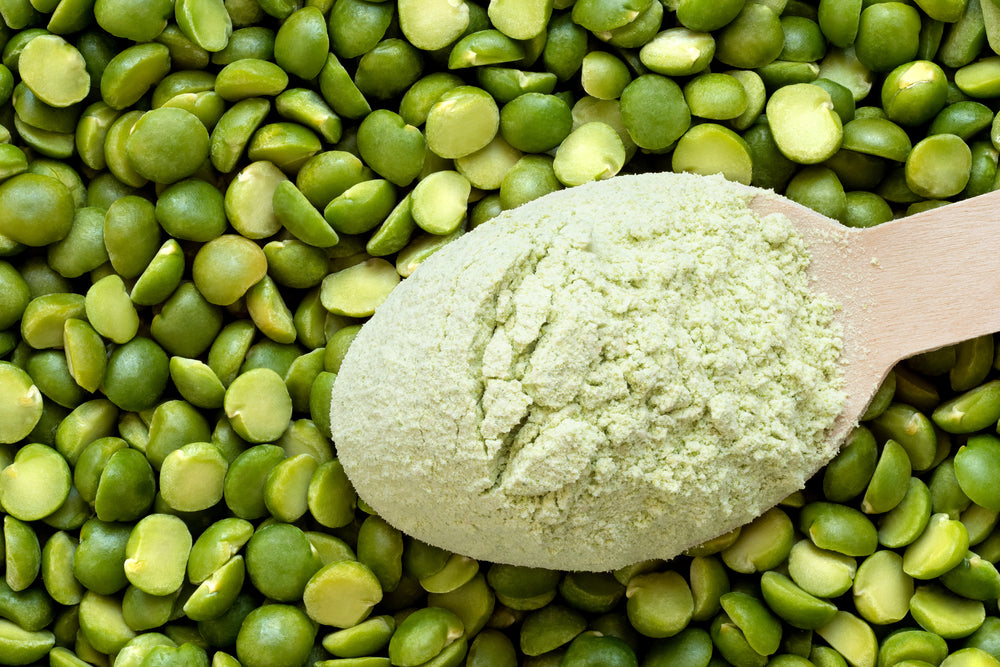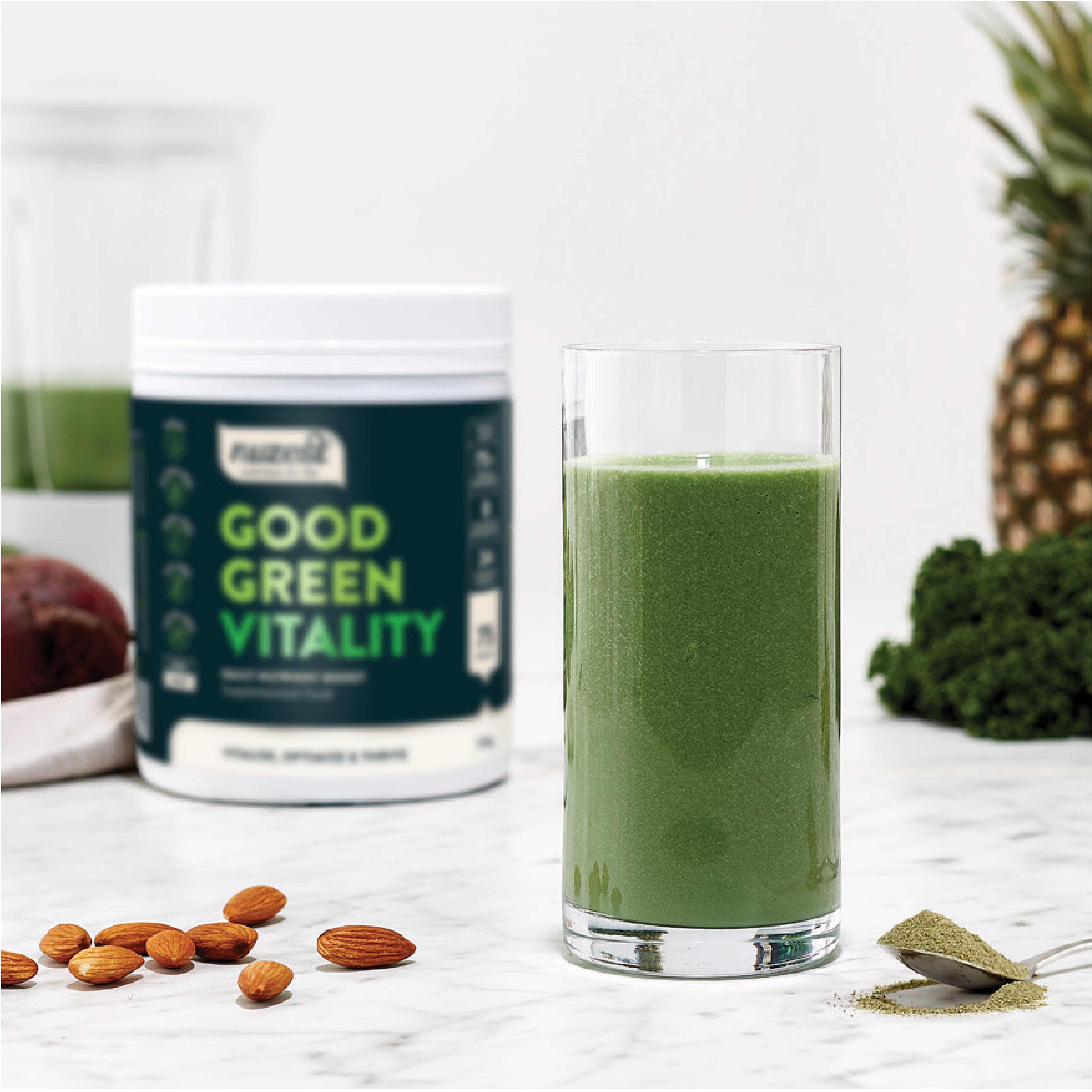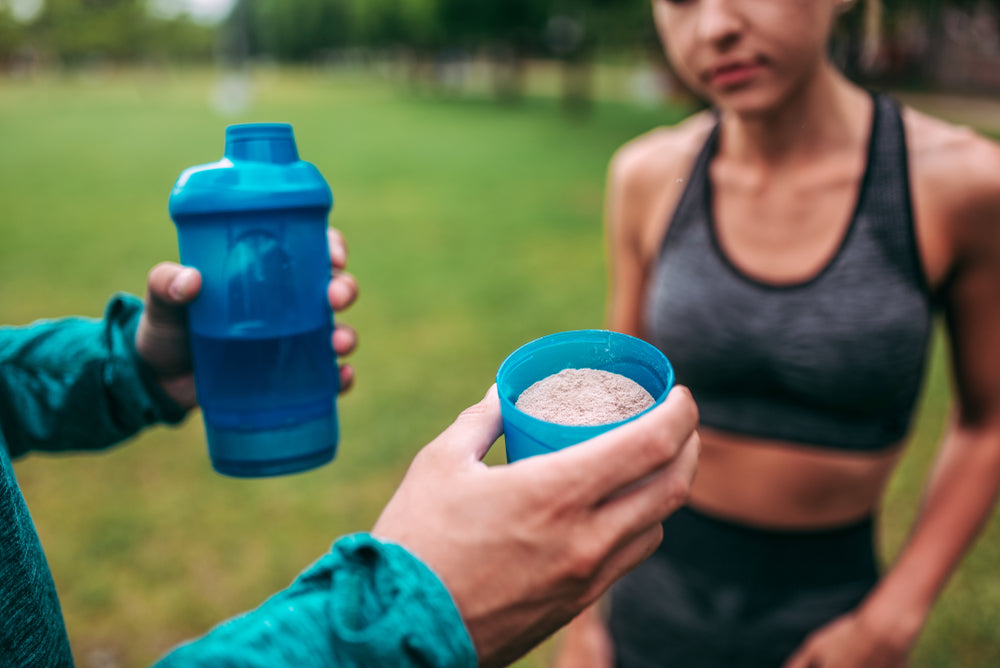'I am stressed about work/my relationship/ my family/ my studies…' this is a common exclamation often heard in Singapore.
No one enjoys being under stress. If someone says that they like stress, they probably mean that they like the challenge that the 'stressful' situation presents to them. Yet, 'good' stress can be a useful tool that keeps us focused, and alert. So what is 'good' and 'bad' stress?
'Good' stress:
- Is infrequent
- Is over quickly (in a matter of minutes of hours)
- Motivates you to action
- Leaves you better than you were before
- Can be part of a positive life experience
An example of 'good' stress is exercise: you feel uncomfortable when you do it, but it is over within 30- to 60-minutes, and leaves you feeling better after.
'Bad' stress:
- Is chronic/ongoing
- Lasts a long time
- Demotivates you
- Is negative and depressing
- Leaves you worse off than you were before
As you can tell, 'bad' stress can be detrimental to physical, mental and emotional health.
The good news is that stress can be managed and even reduced. All you need is to know the early warning signs that tell you that you're not coping well, and give yourself enough time to recover.
STRESS & WEIGHT
When we are placed under chronic stress, the body responds by going into the 'fight or flight mode', as a way of protecting you. In this mode, the sympathetic nervous system is activated. This triggers the HPA axis, a carefully controlled set of feedback loops that involve the hypothalamus, pituitary glands, and adrenal glands.
In simple terms, when the hypothalamus detects stress, it will shut down the production of sex hormones. This can decrease the speed of thyroid hormone production, and lead to 'slow' metabolism.
When this happens, highly stressed people will suddenly find that, despite training more and eating less, they're still piling on weight or have difficulty in shedding weight.
Equally important is the parasympathetic nervous system, which regulates digestion and intestinal motility through the gastrointestinal tract (GI) when the body is in 'rest and digest' mode. Which means, when the body is placed under stress, digestion and movement of food through the GI tract is slowed down.
Additionally, when we are stressed, we tend to eat quickly and less mindfully - we may not chew food properly, and gulp our food down in chunks. This places additional pressure on our digestive system, which has to work harder to digest the larger portions of food. In the long run, this upsets gut health, which adds more stress.
FOOD FOR THE MOOD
Clearly, feeling relaxed is important for managing stress. Ironically, while we require food for energy, food is also a stressor. When food enters the body, the latter needs to determine if it is friend or foe. This triggers the release of cortisol, otherwise known as the stress hormone.
So firstly, reduce the pressure placed on your gut! This simply means feeding it as much whole, minimally processed foods as possible while reducing foods that have a high sugar content, refined carbohydrates, or are highly processed. Opt for fresh fruit when your sweet tooth hits, or Nuzest's Just Fruit & Veg is a blend of five fruit and five vegetables that provides a sweet snack without all the refined sugar and processed stuff.
Secondly, ensure that your musculoskeletal systems are fully supported and that your body has the energy it requires to easily handle stress. This means eating daily meals that are high in vitamins and minerals, including magnesium, potassium, boron, and vitamin K.
The body also requires folate aka vitamin B9, the key vitamin required for cell renewal. Since the B vitamins work together, the body will require the entire family: B1 thiamine, B2 riboflavin, B3 niacin, B5 pantothenic acid, B6 pyroxidine, B7 biotin, and B12 methylcobalamin. Minimal levels are required for daily functions, in particular, up to 250mg of B5 is required daily by the body's adrenal glands. However, an adrenally-stressed body will require more when faced with challenging situations. The vitamin B family can be found in dark leafy greens such as spinach and kale.
Also great for supporting the body's systems are complex carbohydrates such as whole grains, vegetables and fruit (one each from all six colours of the phytonutrient spectrum, namely green, orange, yellow, red, blue/purple, white). Not forgetting healthy fats, and clean protein (approximately 1-2g per kg body weight or one palm).
However, it isn't just choosing foods with high vitamin and mineral content, they also have to be in a form that is easily absorbed by the body. One of the best ways to ensure this is with Nuzest's nutrient-packed Good Green Stuff bars or powder. It is packed with more than 75 vitamins, minerals, probiotics, antioxidants and essential nutrients that the body requires on a daily basis.
EATING HABITS
How you are eating is also an important factor in reducing stress - energy is required for digesting food, and eating more than what the body requires means that energy that could otherwise be used for dealing with life's challenges are spent on digesting the additional food intake.
Keep to eating two to three balanced, varied and well-portioned meals a day. When the body is fed with fresh, natural, minimally processed whole foods, it will not require snacks, which can stress the body unless you're burning off the excess energy with endurance activity.
Eating smaller portions also reduces the stress on your body's systems. Portion control gives the GI tract time to rebuild, considering that the cells lining your gut are replaced every other day. The microbes and gut flora also have time to recover from their work of digestion and regulation of immune health.
One way to assist the GI tract is to feed it with probiotics, prebiotics, and antioxidants. There are several plant-based options such as dandelion, hawthorn, turmeric, and green tea.
Finally, eat slowly - chew each mouthful at least 20 times. The act of eating slowly sends signals to your brain that you are relaxed, and the parasympathetic nervous system is activated for better digestion.
REST & RELAX
Back to resting and relaxing, having good quality sleep is essential for reducing stress. Sleeping well allows your body's cells to repair and rejuvenate well.
Sleep quality is affected by the types of food we eat, portion sizes, and even when we eat.
Besides the previous tips, you can also avoid eating too close to bedtime. A three to four hour window between the end of your meal to lights off will allow your body time to focus its energy on digesting food before switching gears to relaxation.
TAKE HOMES
It's easy to reduce stress using food and nutrition. Just keep these in mind:
- Eat fresh, minimally processed, whole foods.
- Support the body with foods that are high in essential nutrients and minerals.
- Avoid snacking, especially on foods that have a high sugar content, or on simple carbohydrates.
- Eat smaller portions and slowly.
- Avoid eating too close to bedtime.
Article by Patricea Chow

